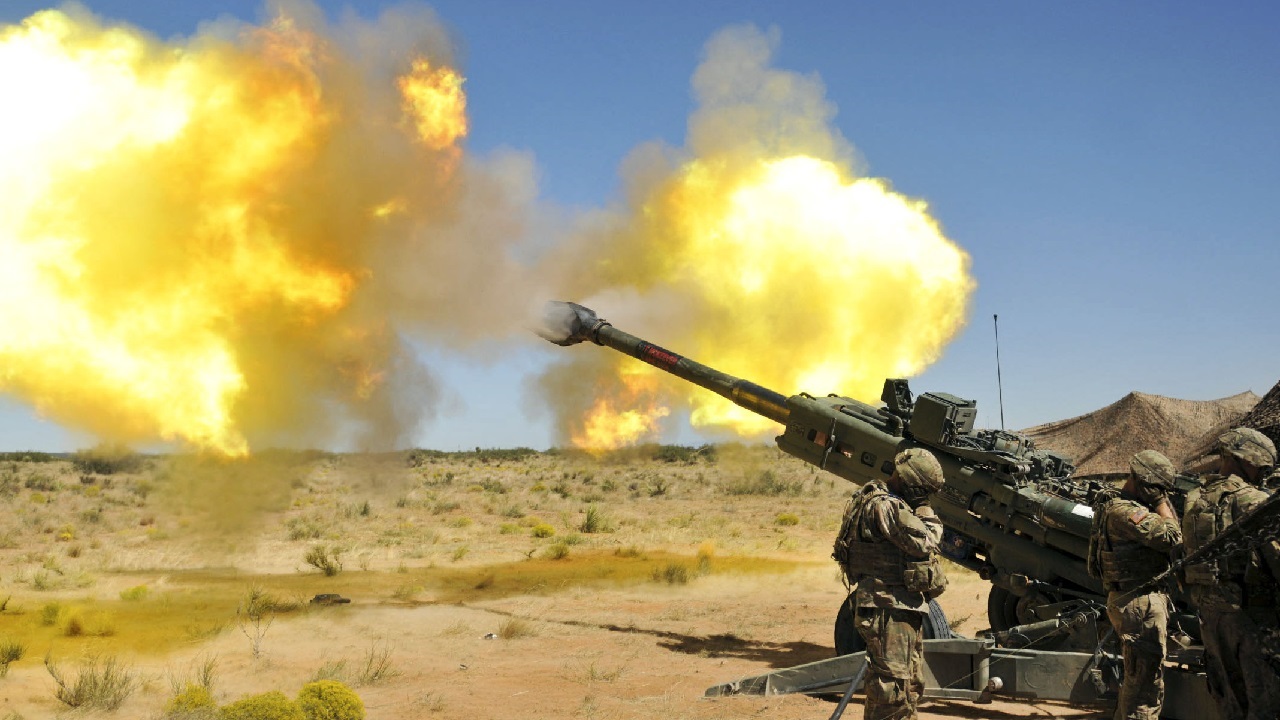U.S. Says Russia “Has Lost” In Ukraine – In a joint press conference with Defense Secretary Lloyd Austin, chairman of the Joint Chiefs of Staff Gen. Mark Milley declared that Russia has already “lost” the war in Ukraine.
Milley noted how the one year anniversary of the war is now less than two weeks away, and that Russian President Vladimir Putin believed that he could defeat Ukraine quickly and “fracture the NATO alliance” while acting “with impunity.”
Milley said that the Russians not only failed to achieve their goals quickly but insisted that Russia has already lost in Ukraine in virtually every way.
“In short, Russia has lost,” Milley said. “They’ve lost strategically, operationally and tactically. And they are paying an enormous price on the battlefield.”
Milley’s words tell a hard truth for the Russians.
Having spent nearly a year fighting in Ukraine, the Russian military has failed to take full control of the Donbas region – the region of Ukraine that Russia initially claimed to be defending.
Russian troops have also withdrawn repeatedly from regions in central Ukraine, including around Kyiv, in the hopes of defending gains made in the east and preventing a new Ukrainian offensive in the south.
Combined with a lack of modern equipment, weapons, and ammunition, Russia hopes to make up for its many failures on the battlefield by launching a renewed offensive in the spring with as many as 500,000 new troops.
It is unclear, however, how Russia expects to win in a renewed offensive without access to the advanced tanks and weapons required to beat NATO-standard tanks and missile systems on their way to Ukraine right now.
Milley warned that until Putin “ends his war of choice,” the United States and other allies will continue to provide Ukraine with all the equipment and capabilities necessary to defend itself against Russia.
“Through this group, we are collectively supporting Ukraine’s ability to defend its territory, protect its citizens and liberate their occupied areas,” Milley said.
Russia Isn’t Stopping in Ukraine
Milley’s words are unlikely to have a substantial impact on the war.
Everything said in the press conference has been said publicly before, and Russia already knows about the training, maintenance, and weapons supply efforts coming from Europe and the United States.
NATO Secretary-General Jens Stoltenberg said that Russia’s spring offensive has already begun, with thousands of Russian soldiers now on their way to begin a renewed effort to take control of the Donbas and other regions of Ukraine.
Stoltenberg told reporters in Brussels that the arrival of new Russian troops highlights the urgency of sending more weapons to Ukraine, and that there is “no sign whatsoever”” that Putin is “preparing for peace.”
BONUS: Kamala Harris Should Quit
BONUS: A Nuclear War over Ukraine?
BONUS: Donald Trump Looks Desperate
Jack Buckby is 19FortyFive’s Breaking News Editor. He is a British author, counter-extremism researcher, and journalist based in New York. Reporting on the U.K., Europe, and the U.S., he works to analyze and understand left-wing and right-wing radicalization, and reports on Western governments’ approaches to the pressing issues of today. His books and research papers explore these themes and propose pragmatic solutions to our increasingly polarized society.

